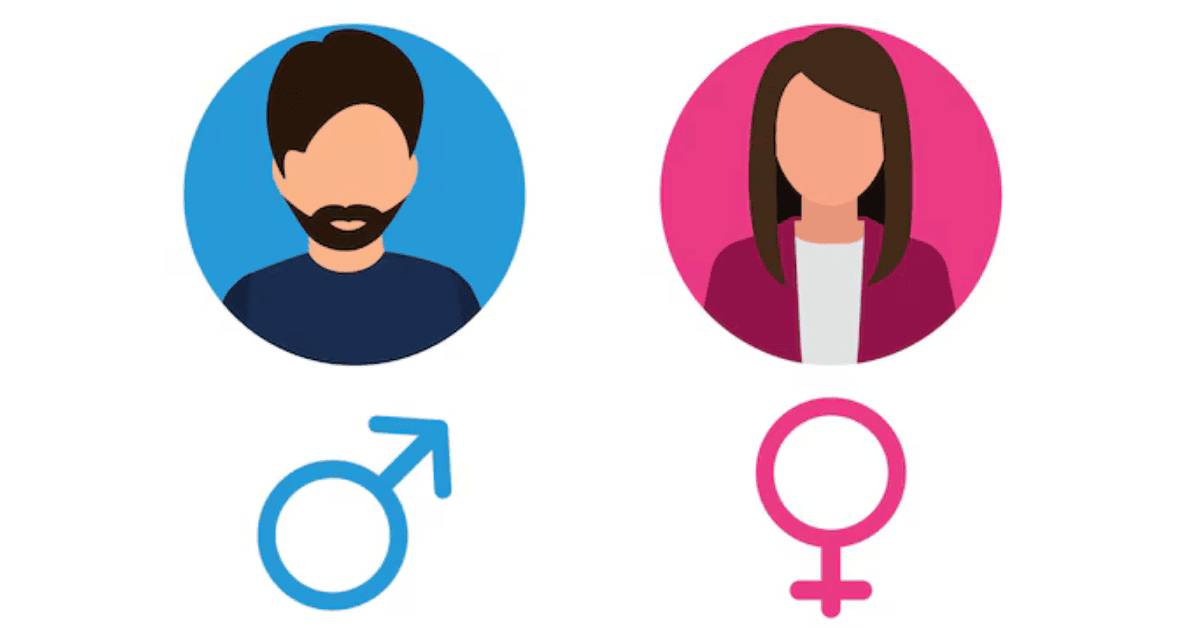World Contraception Day is celebrated globally every year on 26th September to raise awareness about the various contraceptive methods available and to promote informed choices regarding sexual and reproductive health. World Contraception Day 2024 marks the 18th observance of this vital initiative.
Related: Want a Stronger Relationship? Watch to Know More
Theme for 2024: “A Choice for All. Freedom to Plan, Power to Choose”
The theme for World Contraception Day 2024 highlights the essential right of every individual to make informed decisions about family planning. It advocates for the freedom to plan and the power to choose, ensuring reproductive health is accessible to all.
- Empowerment of Choice: This theme underscores the need for reproductive autonomy, enabling people to make informed choices about their sexual health.
- Global Advocacy: The theme resonates globally, focusing on providing everyone with the freedom to plan their families and protect their health.
Background of World Contraception Day
World Contraception Day was initiated by 10 international family planning organizations to emphasize the importance of informed choices in family planning.
- First Observance: The first-ever World Contraception Day was observed on 26th September 2007.
- Support from Communities: Medical, scientific, governmental, and non-governmental organizations worldwide support this day to educate people on sexual and reproductive health.
What is Contraception?
Contraception refers to methods used to prevent pregnancy. These methods can involve medications, devices, or surgeries and are commonly known as birth control. There are both reversible and permanent methods of contraception.
Types of Contraception

There are various types of contraception, allowing individuals to select the best option for their needs. Here are the primary methods:
- Barrier Methods: Includes condoms, sponges, diaphragms, and cervical caps. These physically block sperm from reaching the egg.
- Sterilization: A permanent surgical method, which prevents pregnancy through procedures like vasectomy or tubal ligation.
- Hormonal Methods: Involves birth control pills, patches, and vaginal rings that regulate hormones to prevent pregnancy.
- Intrauterine Devices (IUDs): Implanted in the uterus, IUDs can be hormonal or copper-based, preventing pregnancy for extended periods.
- Emergency Contraception: Taken after unprotected sex to prevent pregnancy, commonly known as the “morning-after pill.”
Key Points on Contraception and Its Importance
Access to contraception plays a crucial role in improving global reproductive health, particularly in reducing adolescent pregnancies and maternal deaths. Here are some critical aspects of contraception:
- Bodily Autonomy: Contraception is essential to an individual’s control over their body and is a key factor in gender equality.
- Preventing Health Risks: Modern contraceptive methods help prevent sexually transmitted infections (STIs) like HIV, as well as unintended pregnancies and unsafe abortions.
- Global Gap in Access: According to the United Nations Population Fund (UNFPA), nearly 257 million women worldwide cannot access modern contraceptive methods, which increases their risk of STIs, unsafe abortions, and maternal deaths.
The Global Impact of Contraception
Promoting access to contraception is vital for addressing significant health challenges:
- Reducing Adolescent Birth Rates: Access to contraception helps decrease the number of adolescent pregnancies, which often result in severe health and social consequences.
- Preventing Maternal Mortality: By enabling women to control when and if they become pregnant, contraception helps reduce maternal deaths linked to childbirth complications.
- Ensuring Gender Equality: Bodily autonomy and the ability to plan one’s family are critical to achieving gender equality worldwide.
Click Here: Top 8 must-have House Cleanup tools
World Contraception Day 2024 is a reminder that reproductive health is a fundamental human right. By increasing awareness and access to contraception, the global community can help individuals make informed, empowered decisions about their bodies and futures.

